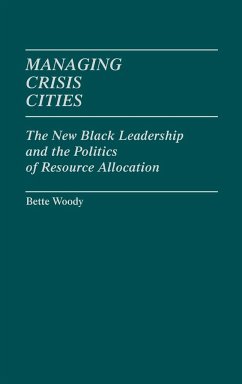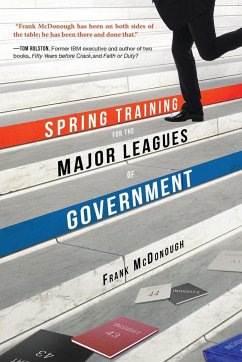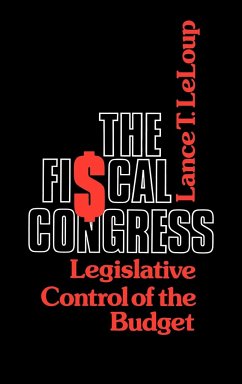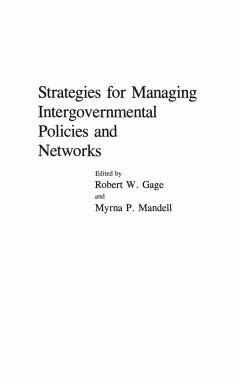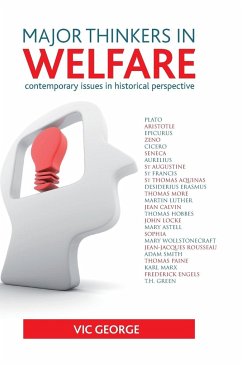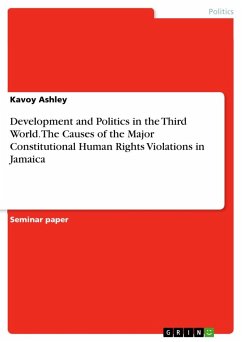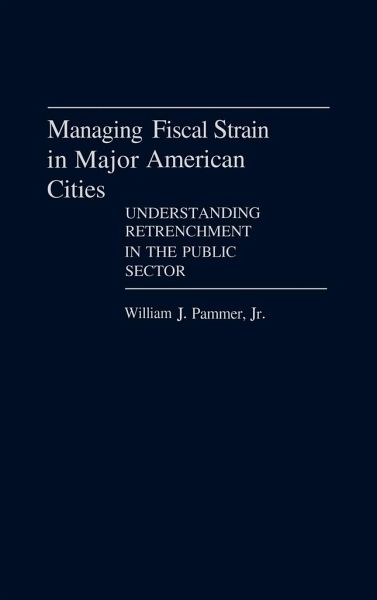
Managing Fiscal Strain in Major American Cities
Understanding Retrenchment in the Public Sector
Versandkostenfrei!
Versandfertig in 1-2 Wochen
87,99 €
inkl. MwSt.

PAYBACK Punkte
44 °P sammeln!
This study offers frank evaluations and a pro-and-con analysis of various retrenchment strategies. It focuses specifically on how environmental conditions and administrative and political aspects of cities affect the decisions to implement specific retrenchment strategies during periods of revenue decline or stagnation. The book takes the reader beyond the rationalistic and incremental approach of urban decision-making and demonstrates that decisions requiring fiscal retrenchment can be confusing and ill-planned. It also reveals how any action taken by the city will reflect the chief executive...
This study offers frank evaluations and a pro-and-con analysis of various retrenchment strategies. It focuses specifically on how environmental conditions and administrative and political aspects of cities affect the decisions to implement specific retrenchment strategies during periods of revenue decline or stagnation. The book takes the reader beyond the rationalistic and incremental approach of urban decision-making and demonstrates that decisions requiring fiscal retrenchment can be confusing and ill-planned. It also reveals how any action taken by the city will reflect the chief executive officer's perception of what the situation demands. The first part of the book, The Evolution of Financial Decline, discusses the structural antecedents that have contributed to the decline of financial sources. Here, the major literature that investigates the causes and consequences of urban fiscal strain is reviewed. In Part Two, Reacting Toward Fiscal Stress, the chapters deal specifically with different management techniques available to municipalities to cope with resource decline. The strategic advantages and political ramifications of these approaches are discussed in detail. These chapters also provide an inventory of response techniques for urban managers. Part Three, Retrenchment and the Urban Policy Process, builds upon the garbage can model developed by March and Simon by proposing that the retrenchment process is haphazard and random. The book concludes with some considerations of what happens to the urban policy process during periods of resource scarcity. This book should appeal to anyone interested in public administration, urban studies or political science.





